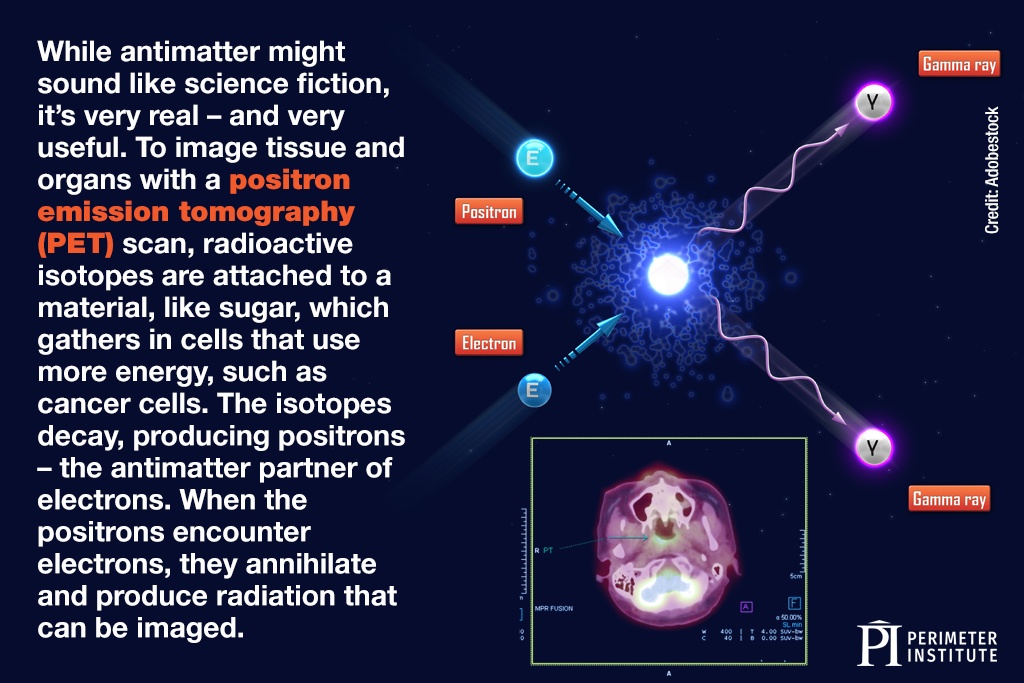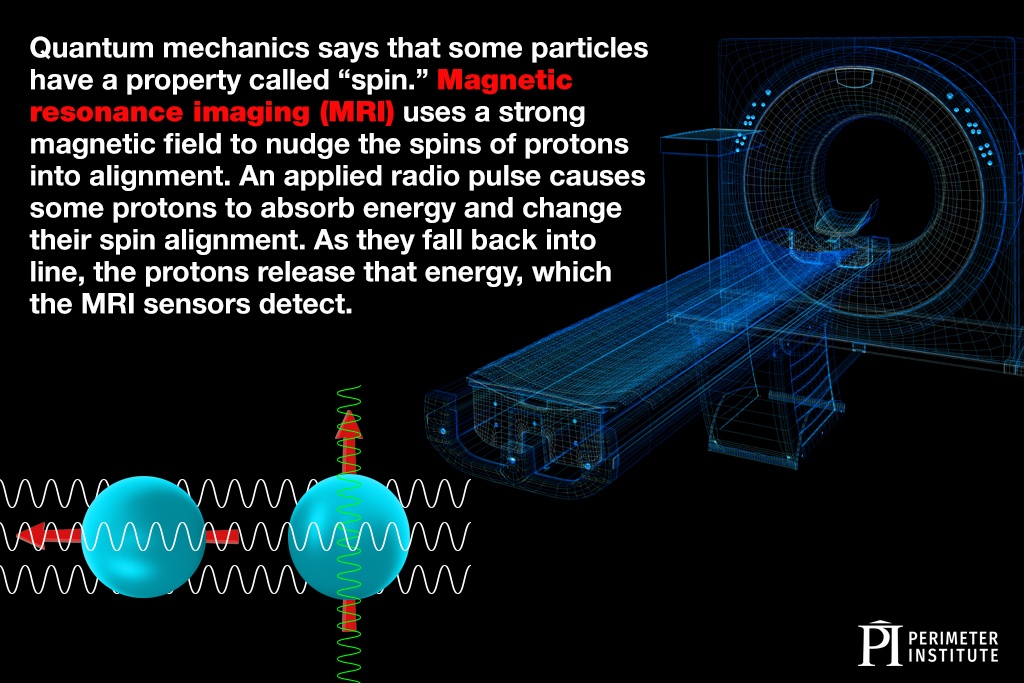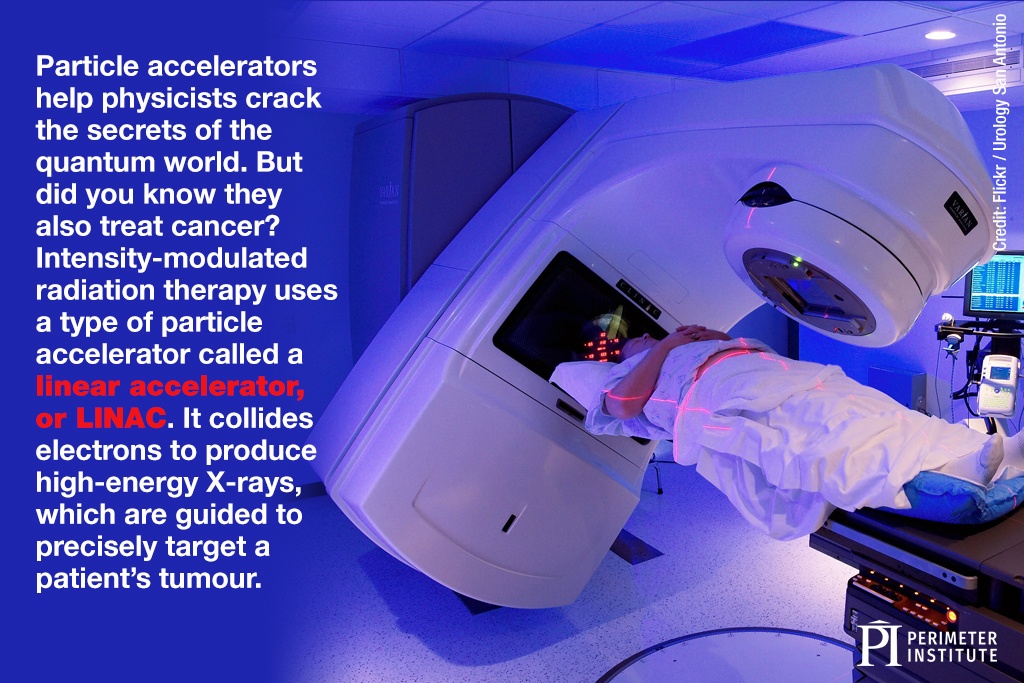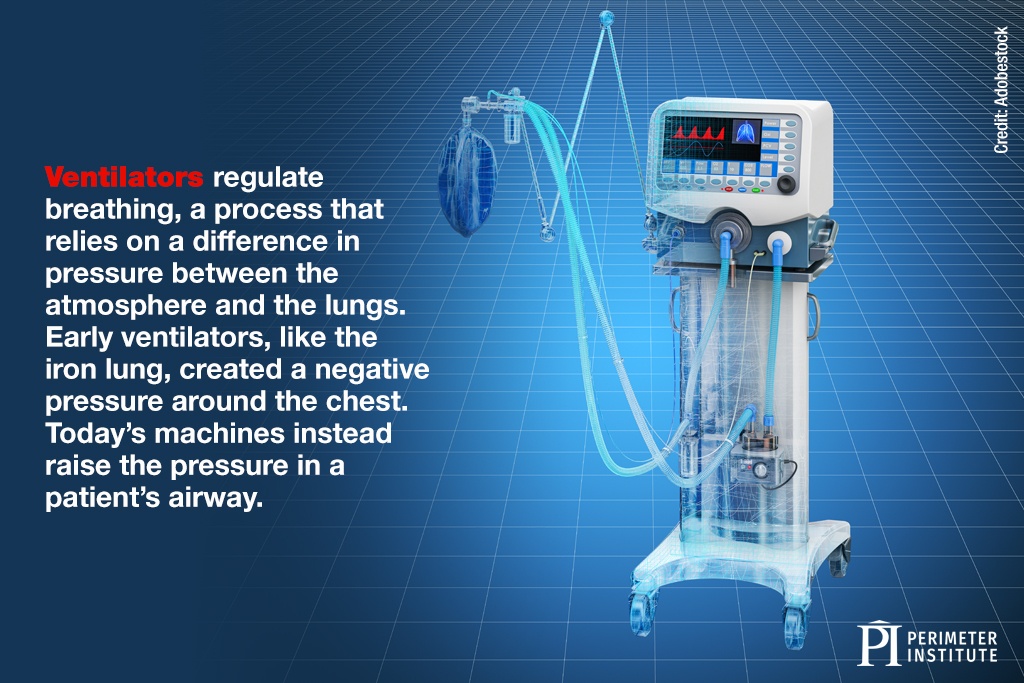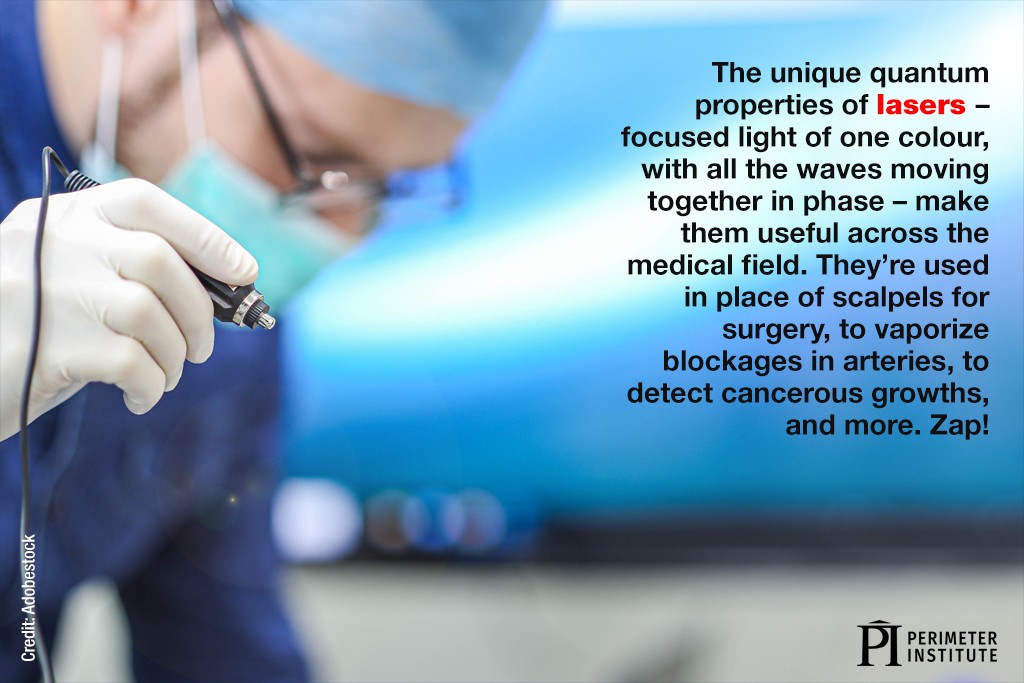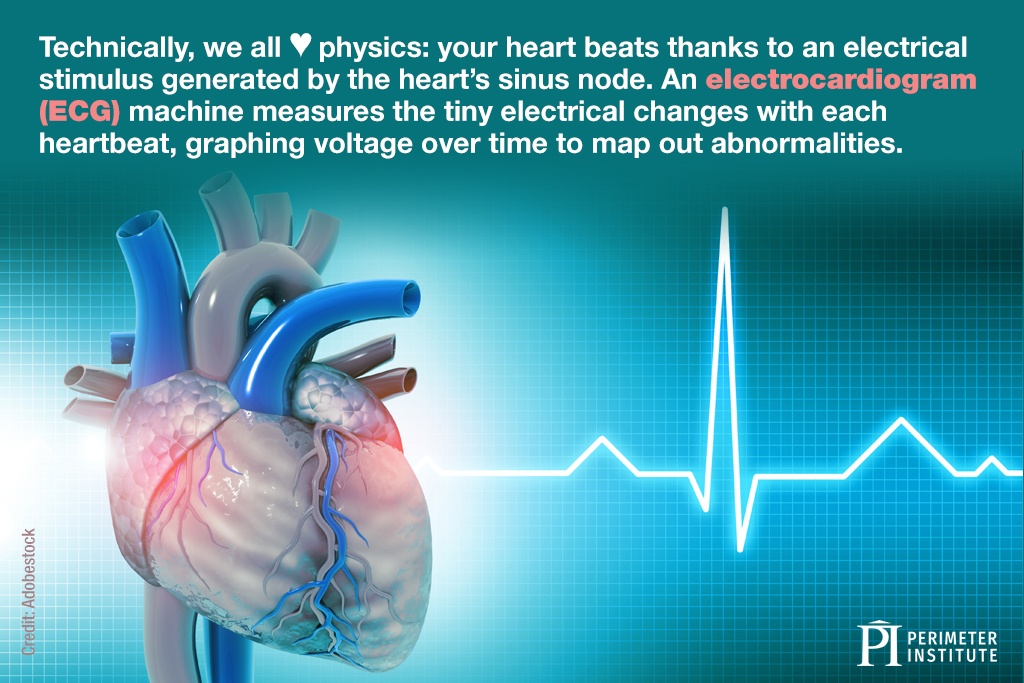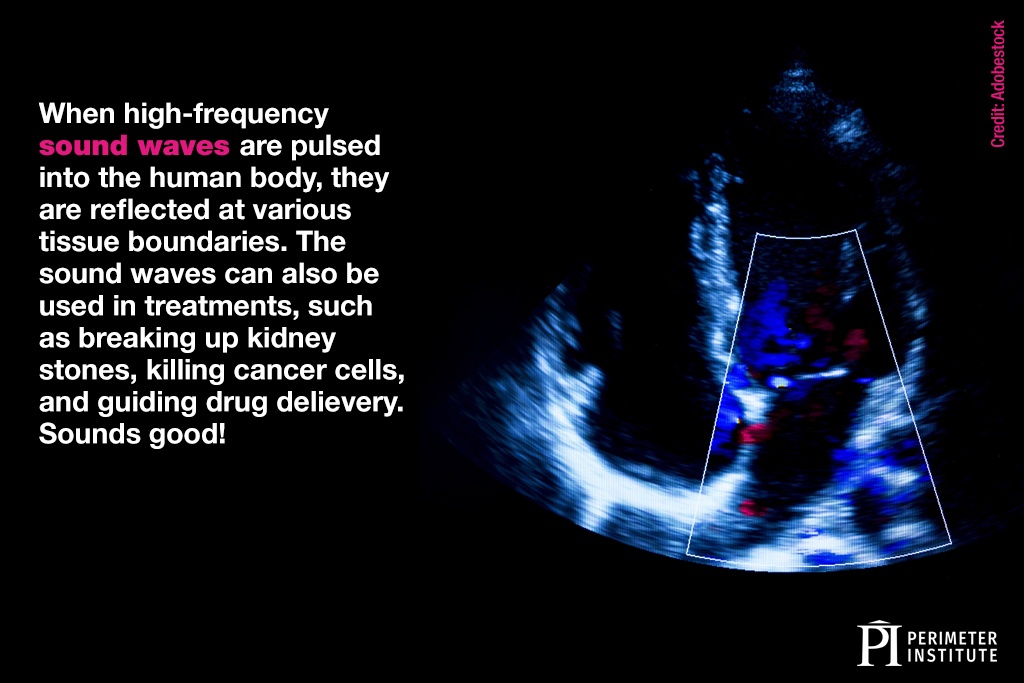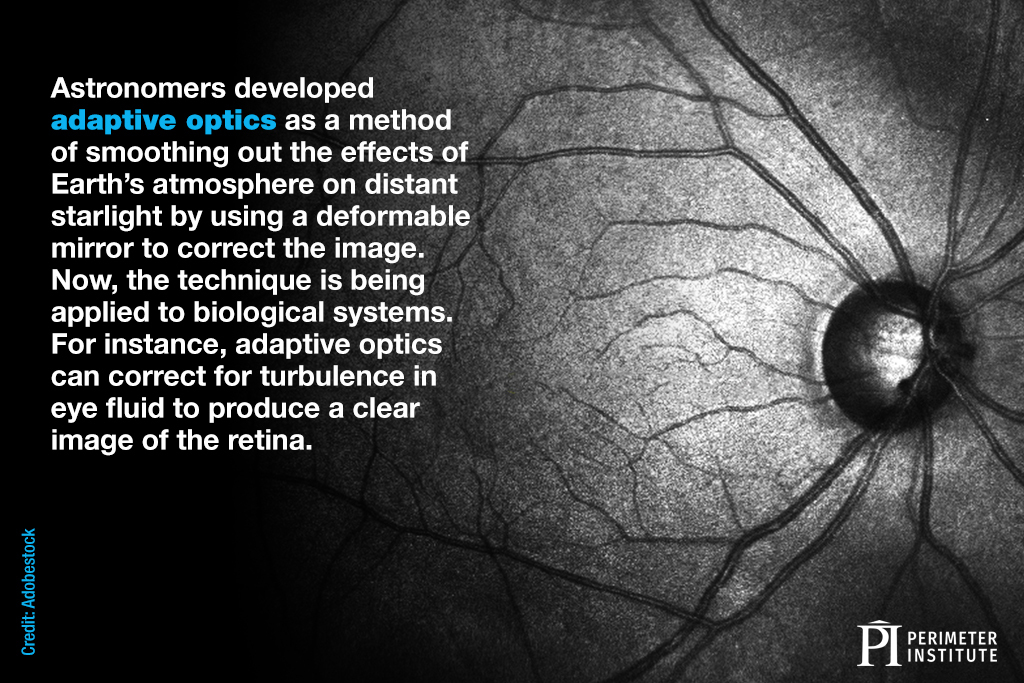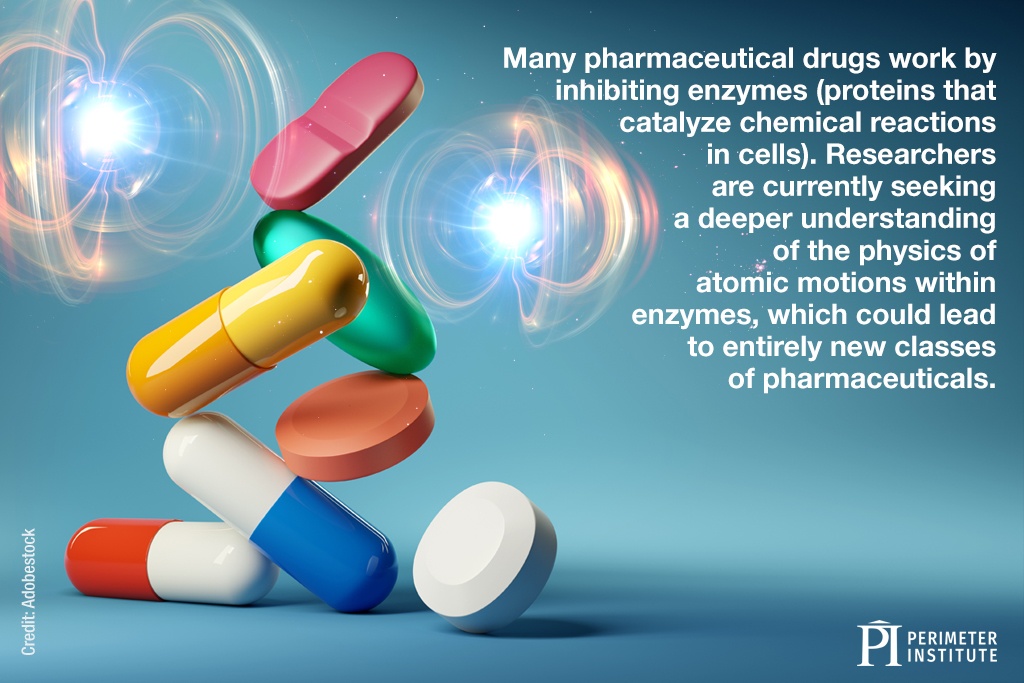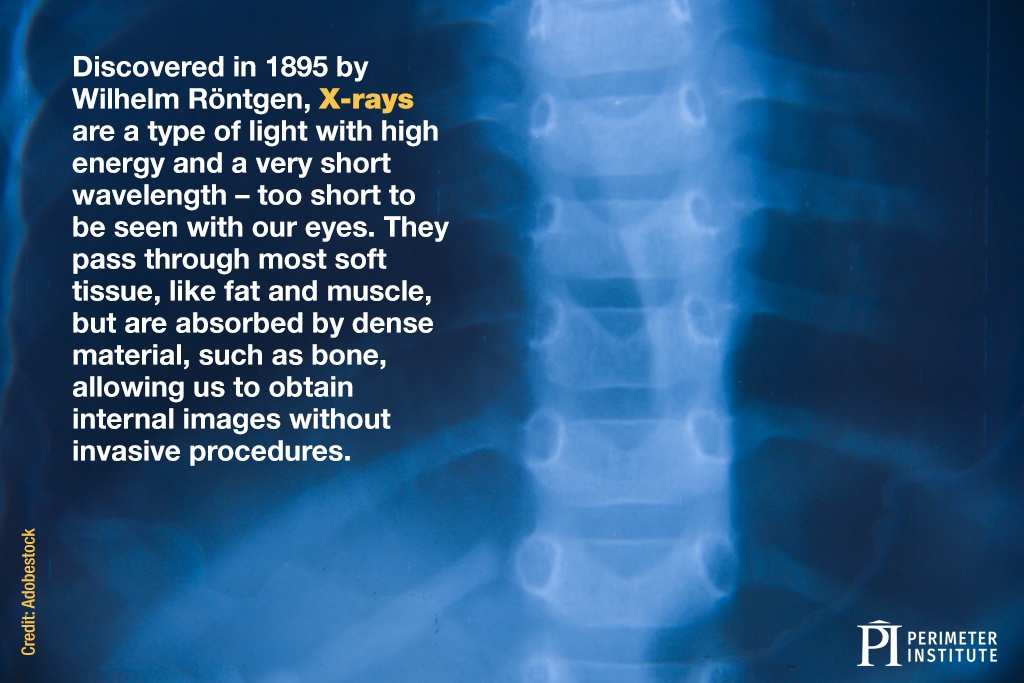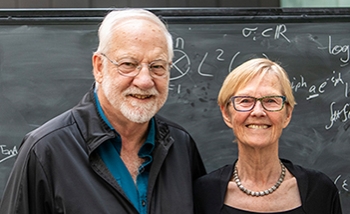When Albert Einstein postulated his general theory of relativity, he was trying to figure out how the universe worked. He couldn’t have foreseen that, decades later, the principles would play a key role in GPS satellites, enabling millions of people to navigate around the globe.
Physics is full of such stories. While physicists are often motivated by pure curiosity, the knowledge they uncover eventually finds practical applications in chemistry, materials science, computer science, and more. Even today, in the midst of a global pandemic, physicists are contributing in unexpected ways, from exploring the role of causal models in assessing COVID-19 responses to helping create simple, much-needed ventilators.
Here, we look at some physics principles that have enhanced medical diagnostics and treatments.
Further exploration
About PI
Perimeter Institute is the world’s largest research hub devoted to theoretical physics. The independent Institute was founded in 1999 to foster breakthroughs in the fundamental understanding of our universe, from the smallest particles to the entire cosmos. Research at Perimeter is motivated by the understanding that fundamental science advances human knowledge and catalyzes innovation, and that today’s theoretical physics is tomorrow’s technology. Located in the Region of Waterloo, the not-for-profit Institute is a unique public-private endeavour, including the Governments of Ontario and Canada, that enables cutting-edge research, trains the next generation of scientific pioneers, and shares the power of physics through award-winning educational outreach and public engagement.
You might be interested in


